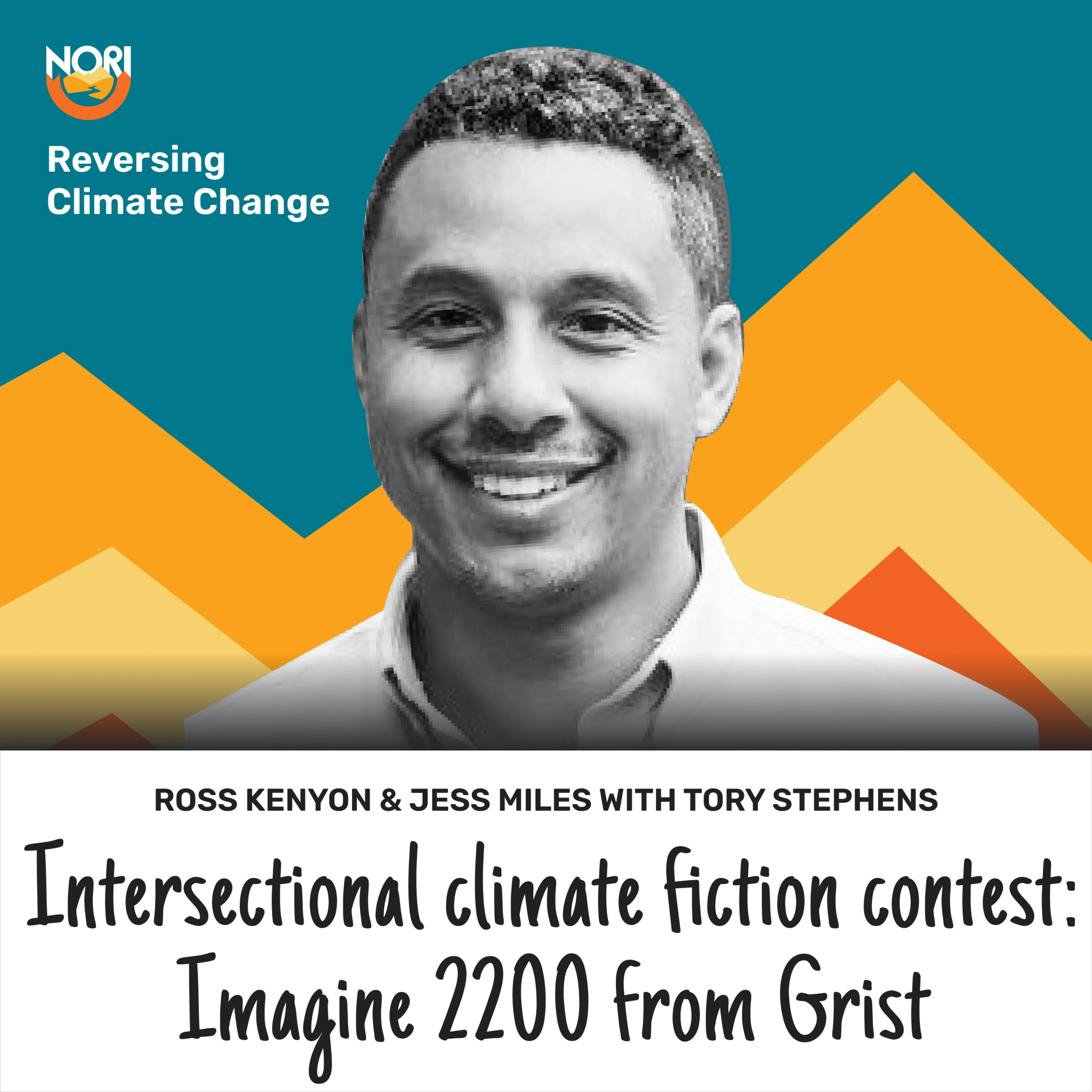- Technology
- SEE MORE
- classical
- general
- talk
- News
- Family
- Bürgerfunk
- pop
- Islam
- soul
- jazz
- Comedy
- humor
- wissenschaft
- opera
- baroque
- gesellschaft
- theater
- Local
- alternative
- electro
- rock
- rap
- lifestyle
- Music
- como
- RNE
- ballads
- greek
- Buddhism
- deportes
- christian
- piano
- djs
- Dance
- dutch
- flamenco
- social
- hope
- christian rock
- academia
- afrique
- Business
- musique
- ελληνική-μουσική
- religion
- World radio
- Zarzuela
- travel
- World
- NFL
- media
- Art
- public
- Sports
- Gospel
- st.
- baptist
- Leisure
- Kids & Family
- musical
- club
- Culture
- Health & Fitness
- True Crime
- Fiction
- children
- Society & Culture
- TV & Film
- gold
- kunst
- música
- gay
- Natural
- a
- francais
- bach
- economics
- kultur
- evangelical
- tech
- Opinion
- Government
- gaming
- College
- technik
- History
- Jesus
- Health
- movies
- radio
- services
- Church
- podcast
- Education
- international
- Transportation
- Other
- kids
- podcasts
- philadelphia
- Noticias
- love
- sport
- Salud
- film
- and
- 4chan
- Disco
- Stories
- fashion
- Arts
- interviews
- hardstyle
- entertainment
- humour
- medieval
- literature
- alma
- Cultura
- video
- TV
- Science
- en
Grist's intersectional climate fiction contestw/ Tory Stephens of Fix, the Grist solutions lab

Making art about climate is useful in that it reaches a part of the brain that science does not. And climate fiction as a genre gives us a way to get the climate conversation started. Better yet, cli-fi that focuses on solutions might actually help us find a way forward.
\nTory Stephens is the New England Network Weaver at Fix, the Grist Solutions Lab. On this episode of Reversing Climate Change, Tory joins Ross and cohost Jess Miles to discuss the launch of his team\u2019s new climate fiction contest, Imagine 2200: Climate Fiction for Future Ancestors and explain what differentiates his team\u2019s writing contest from others of its kind.
\nTory offers insight around climate fiction and the subgenres of solarpunk and hopepunk, challenging writers to create intersectional, solutions-focused work. Listen in for an overview of Imagine 2200\u2019s submission guidelines and learn how fiction might offer a pathway out of the climate crisis.
\nConnect with Nori
\n\n\n\n\n\n\nResources
\nImagine 2200: Climate Fiction for Future Ancestors
\n\u2018We\u2019re Launching a Fiction Contest\u2019 on Grist
\n\n\nThe Ministry for the Future by Kim Stanley Robinson
\n\n\u2018Hopepunk, the Latest Storytelling Trend, Is All About Weaponized Optimism\u2019 in Vox
\n\nWho Fears Death by Nnedi Okorafor
\n\nA Conspiracy of Stars by Olivia A. Cole
\nJess Miles on Reversing Climate Change S2EP12
\n\n--- \n\nSupport this podcast: https://podcasters.spotify.com/pod/show/reversingclimatechange/support